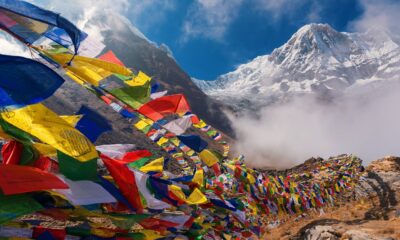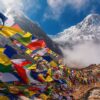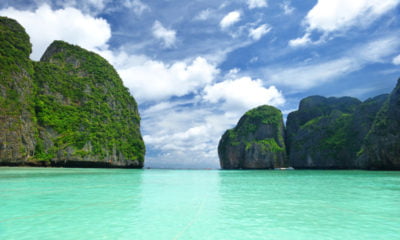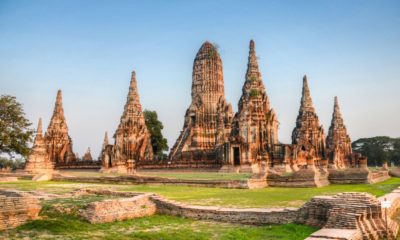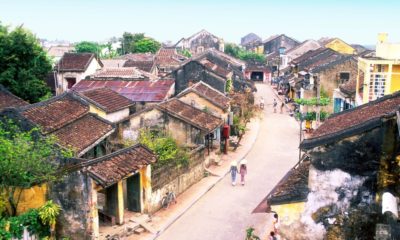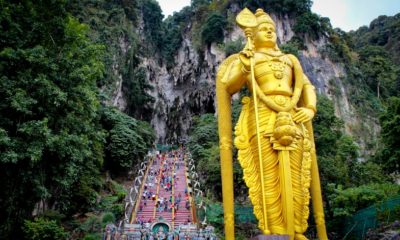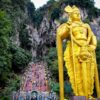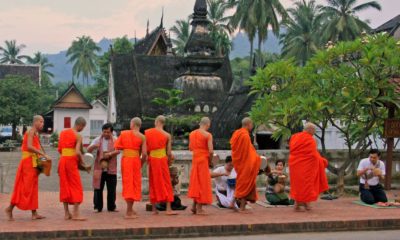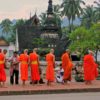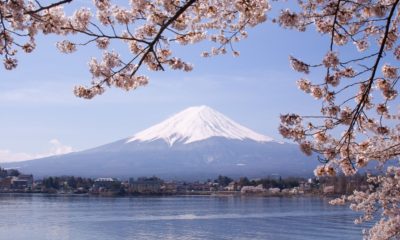Asia
Backpacking Mongolia Need To Know
Basics
Language:
Capital:
Currency:
| Dial Code:
International Access Code:
Emergency Services Number:
Time Difference:
|
Entry
A handful of visitors can enter visa-free, including those from the UK and Canada for up to 30 days, and the USA for 90 days.
For other foreign nationals, you need to obtain a 30 day visa from a Mongolian Embassy. You will need to fill out an application form and pay a small fee.
Mongolia takes border security very seriously and foreign nationals are not routinely permitted access to border areas. The authorities can regard zones of up to 100km inside the border as a border area. If you wish to travel in these areas, you must get permission from the State Frontier Guard Authority. Only a few specified land border crossings are open to foreigners.
Your passport should be valid for a minimum period of 6 months from the date of entry into Mongolia.
Entry requirements frequently change, so for the latest official information visit your home government travel bureau or a Mongolian Embassy.
Getting Around
Travelling across the Mongolian countryside can be difficult and potentially dangerous if you are not familiar with the terrain. Mongolia does not have an extensive road network.
Passengers travelling by train across the China/Mongolia border should expect a delay of a few hours as the railways use different gauges.
You may encounter problems when entering Mongolia by train from Russia, particularly with Russian border or customs officials who scrutinise documentation very carefully. If you are crossing overland to or from Russia pay scrupulous attention when completing all the necessary paperwork.
More detail is to come in this section, but you can read about general advice regarding Getting Around When You Get There
Accommodation
Ulaanbaatar has a wide variety of hostels, but you may to struggle to find them elsewhere.
The average price of a hostel is 12,000-18,000 MNT (£4-£6) a night.
The majority of hostels in Mongolia will provide linen and bathroom facilities. Usually there will be internet facilities as well as a common area and laundry services.
Hotels and guesthouses are cheap, especially if there is more than one of you.
Read more about Accommodation When You Get There and Living in Hostels
Recommended For Further Information
If it’s your first time to Asia and you are heading to multiple destinations, I highly recommend picking up a copy of Rough Guide’s; First-Time Asia. It provides the most relevant, up-to-date advice on what to see and skip, where to stay, and how to optimise your budget for an extended continental trip…

Food And Health
Restaurants are cheap and cooking facilities in hostels are rare.
Food hygiene and safety is improving, but isn’t up to Western standards. Use your instincts; if the place looks dirty, don’t eat there; if your food isn’t piping hot, don’t eat it.
Water is not safe to drink – always buy bottled or boil.
The standard of healthcare is variable, especially outside Ulaanbaatar. Even in Ulaanbaatar only basic health care is available. Doctors and hospitals may ask for cash payment in advance of treatment. Make sure you have adequate travel health insurance and accessible funds to cover the cost of any medical treatment abroad and repatriation.
The quality of local medical supplies is low and some medicines are counterfeit. Bring with you basic supplies of over-the-counter medicines and any regular prescription drugs you may need.
The high levels of air pollution in Ulaanbaatar, especially in winter, may aggravate bronchial, sinus or asthma conditions.
Always contact your GP around 8 weeks before your trip to check whether you need any vaccinations or other preventive measures. Visit here for Recommended Vaccinations and read here for more about Travelling Health In General
Weather & Time To Go
Mongolia experiences extremes of weather, from 35°C in summer to -40°C in winter. It is usually sunny, Mongolia is also known as “The Land of Blue Skies”. Due to the cold winters travel is really only advisable between May and September, unless you can handle the cold.
Communications
Internet and wifi is widespread and accessible in most hostels and hotels. International calling cards are also cheaply available.
Dangers And Considerations
You must carry your passport at all times – a photocopy isn’t sufficient.
Mongolia is very much a cash-based society, outside of Ulaanbaatar ATMs may be hard to find.
Most crime in Mongolia is non-violent, but violent incidents do occur. Petty crime is common, particularly in the capital, Ulaanbaatar. Avoid going out on foot alone at night. Foreigners stand out and can be targeted for attack because of their comparative wealth.
Protests are common, you should avoid all public gatherings and mass demonstrations, as they can sometimes turn violent.
Trans-Mongolian express trains (Beijing-Moscow via Ulaanbaatar) are known to be used for smuggling. Search your compartment and secure the cabin door before departure.
Possession and use of drugs is illegal. If found guilty you could face a long prison sentence in an institution with very basic facilities.
Never photograph the police, police escorts, or military. This is considered a criminal offence.
Note you can’t apply for a Russian visa in Mongolia.
Dangers constantly change. Always check with your foreign office (British Foreign Office webpage) or travel advice bureau for the latest information regarding your destinations safety.
Read more about Safety And Security here
Respecting Culture
Although not illegal, homosexuality is not generally accepted socially.
Show appropriate respect in Buddhist monasteries. Ask permission before taking photographs, and don’t touch any sacred images or objects.
Always receive items and drink with the right hand, palm facing up.
If you accidently stand on someone’s foot, apologise by shaking hands, failing to do so will be seen as an insult.
If visiting remote areas, calling on a nomadic Mongolian family, or entering a ger, be especially aware of respecting culture and do your research. Stepping on a door threshold, leaning against a support column, touching people’s hats or wearing short sleeves, as well as several other things, can cause offence.



